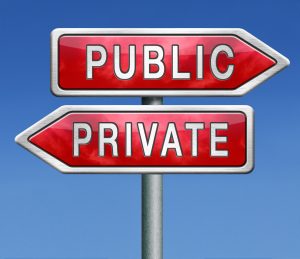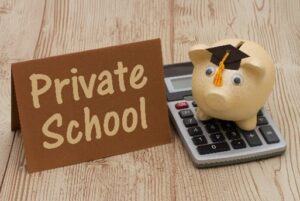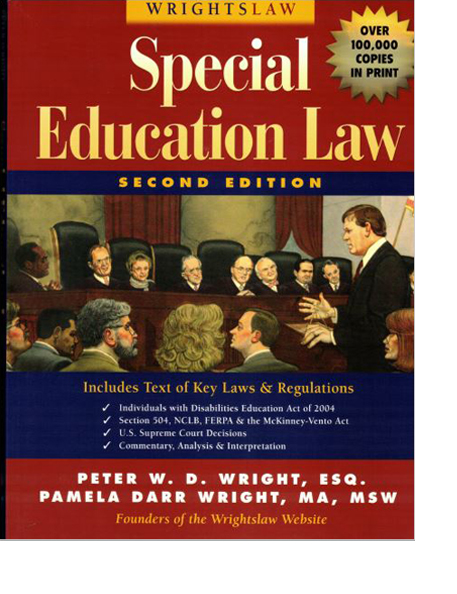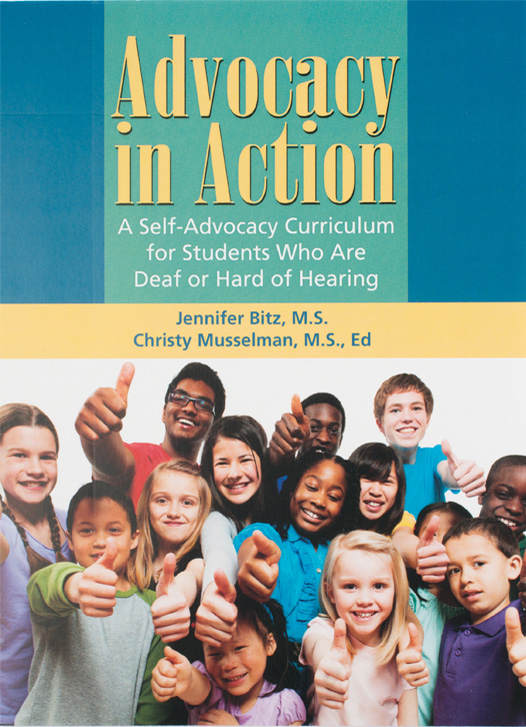Related Products
For Professionals
- Amplification
- Assessment of Student Skills, Challenges, Needs
- Early Childhood: Infants, Toddlers, Preschool
- Hearing Loss – Identification, Impact and Next Steps
- IDEA Law Summary Information
- Language and Speech Development Issues
- Legal Issues in Serving Children with Hearing Loss
- Listening (Auditory Skills) Development
- Planning to Meet Student Needs
- Self-Advocacy Skills for Students with Hearing Loss
- Self-Concept: How the Child with Hearing Loss Sees Himself
- Social Skills
- Speech Perception & Learning
Related Teacher Tools Takeout Items
Can Kids with Hearing Loss in Private or Charter Schools Receive DHH Support Services?

private or public insurance hospital school or domain
I recently had a call from a parent of a kindergarten student with hearing aids who was told by her private school that 1) the parent must pay for the FM/DM system and 2) that the child could not receive any special support for her learning needs due to the impact of the hearing loss. Like many parents she wanted to know if it was true that students in private or charter schools cannot receive special supports and services. The answer? Yes and No.
PRIVATE SCHOOLS – Some do, some don’t provide specialized services and supports
No private school can discriminate on the basis of race, color, or national origin, in admissions or in hiring, or anything else; those that do would lose their non-profit status from the Internal Revenue Service.
Many students with disabilities attend private schools that are under contract with public and charter schools; these students retain their right to a “free and appropriate public education,” or FAPE, in a “least restrictive environment,” or LRE.  If the private school accepts students with disabilities and agrees to provide specialized services and supports, then these services should be appropriate to meet the identified needs of the student. This would
If the private school accepts students with disabilities and agrees to provide specialized services and supports, then these services should be appropriate to meet the identified needs of the student. This would
include services by a teacher of the deaf/hard of hearing, speech language pathologist, and/or educational audiologist whenever needed to meet appropriate IEP goals or supports, like selection and fitting of hearing assistance technology (HAT).
| If a private school does not offer programs designed to meet a student’s special needs, the private school’s inability to serve that child is not considered discrimination. |
When families are seeking private school placement, they may be told that the school does not provide any special education services, meaning that if they choose to enroll their child in such a private school, they will be waiving the right to LRE and IEP services. If a family chooses to forego the services offered by their public schools, required by their Individualized Education Plan, and opts for a “parental placement” for their child instead, they also give up FAPE and LRE.
Under the Americans with Disabilities Act, private schools must provide “auxiliary aids and services” to students with disabilities who are otherwise qualified for admission, so long as these accommodations would not change the fundamental nature of the program or result in significant difficulty or expense. The clause about expense is why many parents of children in private schools must pay for HAT equipment for their child rather than having the school bear this expense.
Additional requirements under the ADA follow if the school receives public funds (such as through a state voucher program). In that case, schools cannot exclude a voucher participant based on disability if, “with minor adjustments,” such a student could reasonably participate in the private school’s education program. Religiously-controlled schools are exempted from these ADA requirements unless they receive federal funding.
SOURCE: https://www.educationnext.org/private-schools-allowed-discriminate/
CHARTER SCHOOLS – All do, with the same expectations for appropriate services and supports
| A charter school may not counsel out, i.e., try to convince a student (or parents) that the student should not attend (or continue to attend) the school because the student has a disability. |
Section 504 requires charter schools to conduct any recruitment activities and provide the opportunity to apply to a charter school on an equal basis. During the admissions process, a charter school may not ask a prospective student if he or she has a disability. Limited exceptions include that, if a school is chartered to serve students with a specific disability, the school may ask prospective students if they have that disability. When a student with a disability is admitted to and enrolls in a charter school, the student is entitled to FAPE under Section 504. After enrollment, a charter school may ask if a student has a disability, which includes, whether a student has an individualized education program (IEP) or Section 504 plan.
| Students with disabilities attending charter schools and their parents retain all rights and protections under Part B of IDEA that they would have if attending other public schools. |
The primary purpose of the IDEA Part B program is for States and school districts to make FAPE available to eligible children with disabilities and to ensure that IDEA’s rights and protections are afforded to eligible children and their parents. Under IDEA, all students with disabilities, including charter school students with disabilities, must receive FAPE through the provision of special education and related services in a properly-developed IEP.
A charter school may not unilaterally limit the services it will provide a particular student with a disability. The responsible charter school LEA, or the LEA that includes the charter school, must provide a program of FAPE for the student in the least restrictive environment (LRE) in which the student’s IEP can be implemented.
States must ensure that charter school LEAs and LEAs that include charter schools meet all their responsibilities under Part B of IDEA, including the LRE requirements. In this context, the LRE provisions require that, to the maximum extent appropriate to their needs, students with disabilities attending public charter schools be educated with nondisabled students.
SOURCE: https://sites.ed.gov/idea/files/dcl-factsheet-201612-504-charter-school.pdf
PARENTS HAVE CHOICES
The typically smaller class sizes and high expectations of private schools are attractive to many families as their children with hearing aids or cochlear implants can perform age-appropriate work, but struggle in large group listening environments. Yet most young children with hearing loss continue to require specialized supports and services, such as work on auditory skill development, language, self-advocacy, and social communication, especially in the first years of elementary school. Private schools may or may not provide any of these supports. Charter schools can provide more creative environments or specialized themes that may suit a student with hearing loss. If families choose to go the charter school route, then they must be very involved in IEP planning and discussions of needed supports and accommodations. Whatever specialized services would be expected in a public school should also be provided in a charter school. Public schools may struggle to extend the staff and supports needed so that all students under their jurisdiction will receive appropriate services. A fully involved IEP team, including families, can make well-informed placement decisions for students who are deaf or hard of hearing.
Click here to download this article



